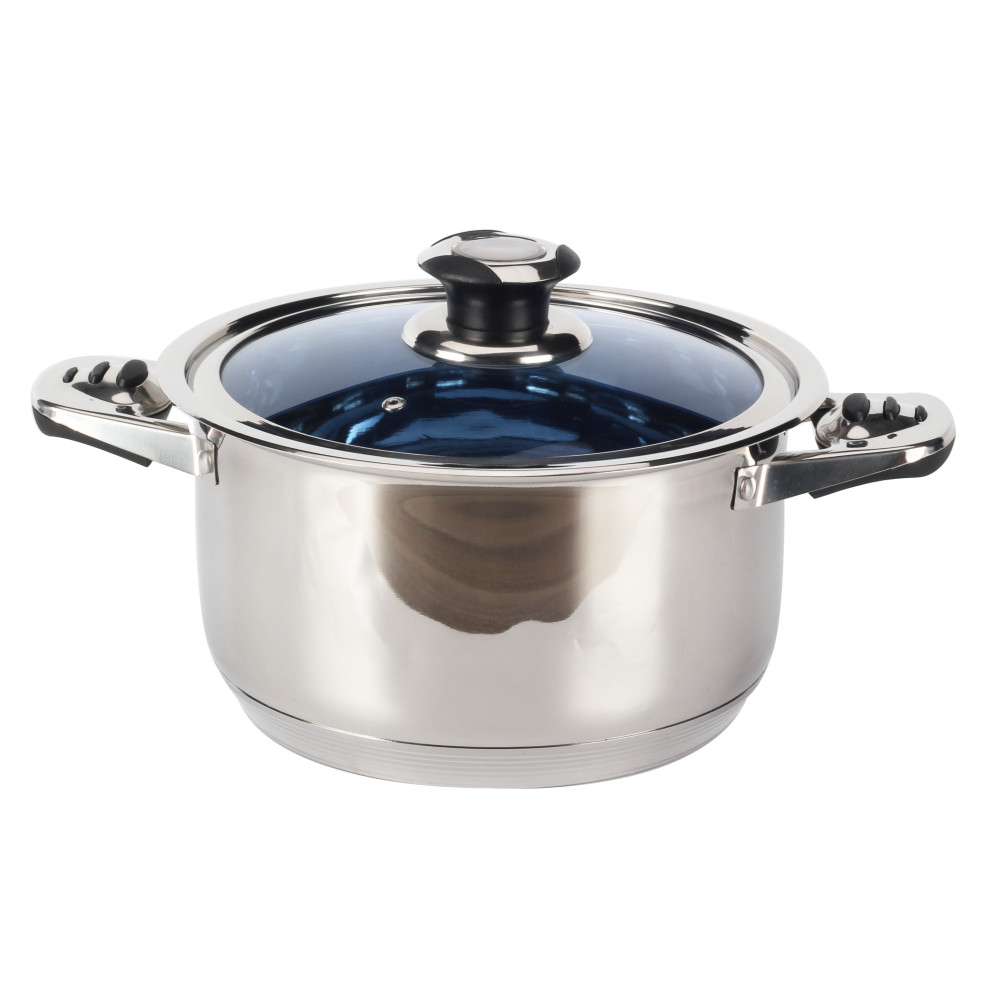Recently, a news report from a neighboring country caught my attention: Rosneft’s total net profit for 2007 was 16,202.1 million rubles (about $6.9 billion), a decrease of 24% from the previous year.
With the rise in international oil prices, the world’s energy giants have made huge profits, and the Russian energy giants, which consume more than a quarter of the oil and gas consumed by EU countries, have actually reduced their net profits. The reduction is not small?
I think the main reason lies in Russia's sharp increase in oil export tariffs. According to the disclosure, since June last year, Russia has adjusted its tariffs every two months based on the monitoring results of prices of Ural oil in the world market, and the adjustment efforts are not small: For instance, on June 1 last year, export tariffs increased by a 28.69%, the rate of increase was 70% on August 1st, and the rate of increase was 21% on February 1st this year. There is disclosure of information. Since April 1st, export tariffs have increased by US$ 4 to US$ 6 per ton, nearly 400 per ton. Dollars. Some media have reported that for every US$1 increase in Russian oil prices for export, oil companies need to pay 65% ​​of the export tariffs, deducting other taxes, leaving only 11% of the oil company’s revenue increase. It is no wonder that the profits of the Russian oil giants have risen instead of rising.
Crude oil export tariffs have continued to increase, and they are "small and big." “Small†means squeezing the oil giant’s profit space, which brings two unfavorable consequences: First, insufficient investment in oil and natural gas exploration and tight reserves. Second, the aging of oil and gas equipment is in urgent need of upgrading.
However, the increase in export tariffs has achieved the effect of “bigger protectionâ€: First, it has provided guarantees for Russia’s economic development. The Russian oil and gas complex accounts for about 12% of domestic industrial output, accounts for about 40% of the Russian Federation’s revenue, accounts for more than 60% of industrial revenue, and accounts for about 40% of Russia’s total exports. Thanks to the strong support of foreign exchange earned by oil and natural gas exports, the Russian economy has emerged from the crisis since 2000, with an average annual economic growth rate of more than 6%. In 2006, Russia’s gross domestic product ranked among the top 10 economies in the world. It is expected that in the next few years, the average annual economic growth rate in Russia will remain at the level of 6.5% to 7%. Russia thus became one of the "BRIC countries."
The second is to provide strong support for national finance. From 2000 to 2007, in addition to export revenues, Russia collected various taxes and fees from oil and gas companies and related companies from 700 billion to 730 billion U.S. dollars. Over the past three years, oil export revenues have consistently accounted for more than 20% of Russia’s GDP. . The dramatic increase in fiscal revenue has enabled Russia to repay about 100 billion U.S. dollars in foreign debt, implemented a series of major national investment plans, raised the level of labor remuneration and social welfare, and established a government stabilization fund, which currently has funds that have reached 170 billion U.S. dollars. . With the gradual loosening of finances, Russia’s diversified economic development strategy is also steadily implemented.
The third is to avoid rising energy prices into personal profit opportunities. Under the containment of the increase in export tariffs, the oil giants place greater emphasis on the efficient use of the resources they possess. This objectively guarantees that the country efficiently uses its own unique energy potential, prevents excessive resources from flowing into the pockets of the minority, and protects public resources. National interest. Russian oil company has implemented a low dividend policy so far, and shareholders can only get a dividend of 10% of the company's net profit. The proportion of dividends is much lower than that of listed oil companies in many countries in the world.
The supremacy of national interests is the pursuit of Russia’s energy policy and the principle that Russia’s energy giants abide by. The policy orientation of “giving priority to protecting the country†may be a place worthy of China’s energy policy formulation and where energy giants can take on social responsibilities.
With the rise in international oil prices, the world’s energy giants have made huge profits, and the Russian energy giants, which consume more than a quarter of the oil and gas consumed by EU countries, have actually reduced their net profits. The reduction is not small?
I think the main reason lies in Russia's sharp increase in oil export tariffs. According to the disclosure, since June last year, Russia has adjusted its tariffs every two months based on the monitoring results of prices of Ural oil in the world market, and the adjustment efforts are not small: For instance, on June 1 last year, export tariffs increased by a 28.69%, the rate of increase was 70% on August 1st, and the rate of increase was 21% on February 1st this year. There is disclosure of information. Since April 1st, export tariffs have increased by US$ 4 to US$ 6 per ton, nearly 400 per ton. Dollars. Some media have reported that for every US$1 increase in Russian oil prices for export, oil companies need to pay 65% ​​of the export tariffs, deducting other taxes, leaving only 11% of the oil company’s revenue increase. It is no wonder that the profits of the Russian oil giants have risen instead of rising.
Crude oil export tariffs have continued to increase, and they are "small and big." “Small†means squeezing the oil giant’s profit space, which brings two unfavorable consequences: First, insufficient investment in oil and natural gas exploration and tight reserves. Second, the aging of oil and gas equipment is in urgent need of upgrading.
However, the increase in export tariffs has achieved the effect of “bigger protectionâ€: First, it has provided guarantees for Russia’s economic development. The Russian oil and gas complex accounts for about 12% of domestic industrial output, accounts for about 40% of the Russian Federation’s revenue, accounts for more than 60% of industrial revenue, and accounts for about 40% of Russia’s total exports. Thanks to the strong support of foreign exchange earned by oil and natural gas exports, the Russian economy has emerged from the crisis since 2000, with an average annual economic growth rate of more than 6%. In 2006, Russia’s gross domestic product ranked among the top 10 economies in the world. It is expected that in the next few years, the average annual economic growth rate in Russia will remain at the level of 6.5% to 7%. Russia thus became one of the "BRIC countries."
The second is to provide strong support for national finance. From 2000 to 2007, in addition to export revenues, Russia collected various taxes and fees from oil and gas companies and related companies from 700 billion to 730 billion U.S. dollars. Over the past three years, oil export revenues have consistently accounted for more than 20% of Russia’s GDP. . The dramatic increase in fiscal revenue has enabled Russia to repay about 100 billion U.S. dollars in foreign debt, implemented a series of major national investment plans, raised the level of labor remuneration and social welfare, and established a government stabilization fund, which currently has funds that have reached 170 billion U.S. dollars. . With the gradual loosening of finances, Russia’s diversified economic development strategy is also steadily implemented.
The third is to avoid rising energy prices into personal profit opportunities. Under the containment of the increase in export tariffs, the oil giants place greater emphasis on the efficient use of the resources they possess. This objectively guarantees that the country efficiently uses its own unique energy potential, prevents excessive resources from flowing into the pockets of the minority, and protects public resources. National interest. Russian oil company has implemented a low dividend policy so far, and shareholders can only get a dividend of 10% of the company's net profit. The proportion of dividends is much lower than that of listed oil companies in many countries in the world.
The supremacy of national interests is the pursuit of Russia’s energy policy and the principle that Russia’s energy giants abide by. The policy orientation of “giving priority to protecting the country†may be a place worthy of China’s energy policy formulation and where energy giants can take on social responsibilities.
We are professional on the Cookware production, stock pot and soup pot, casserole, saucepans, saute pan, cooking pan and pots and so on.
We can meet your special requirement of the any cookware items.
Our cookware is hot selling in worldwide.
Welcome to sent the inquiry and check our quotation.


casserole, casseroles, casserole set, stainless steel casserole, cooking pot
Jiangmen Wellway Houseware Co.,Ltd , https://www.wellwaycc.com
